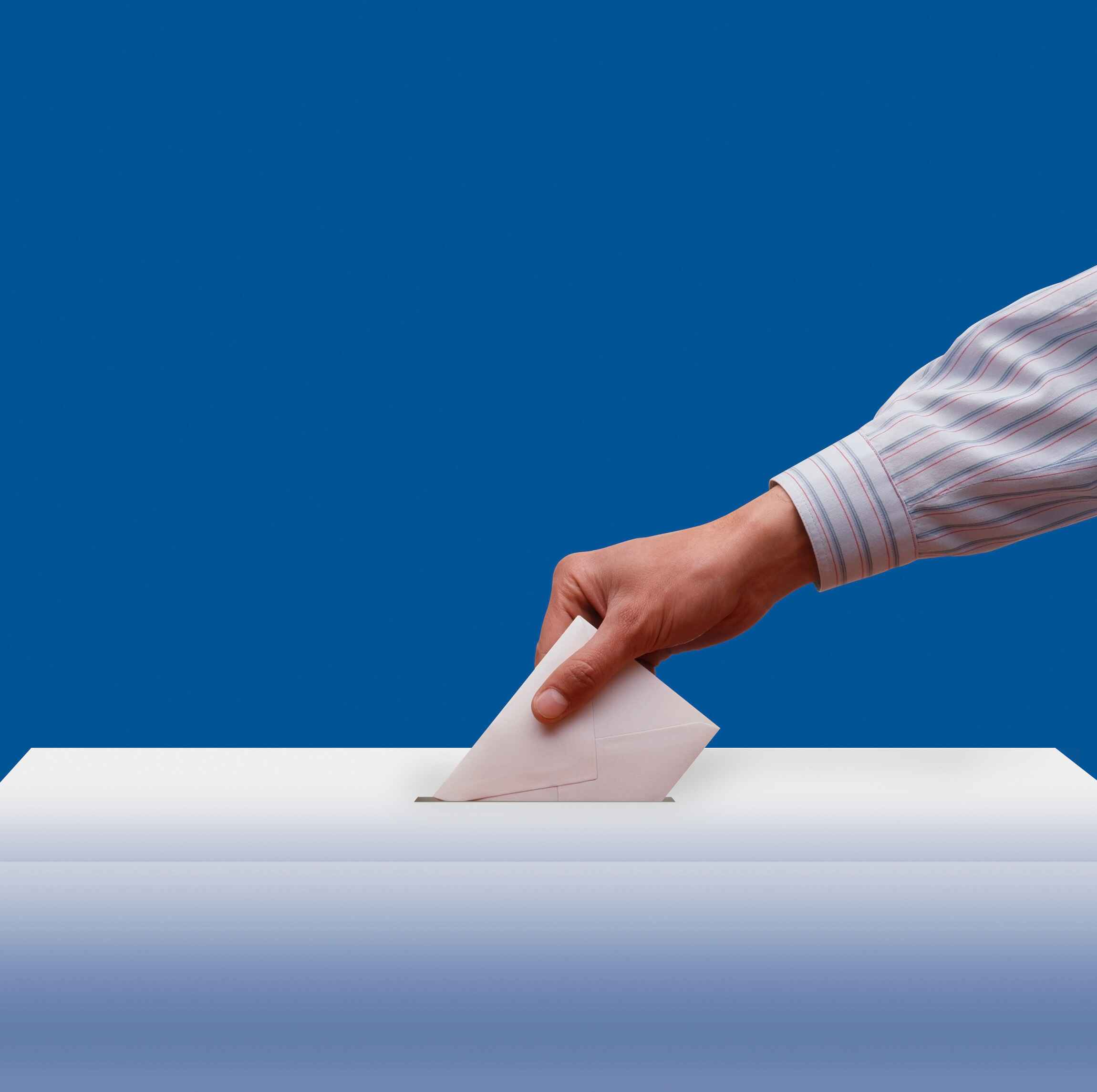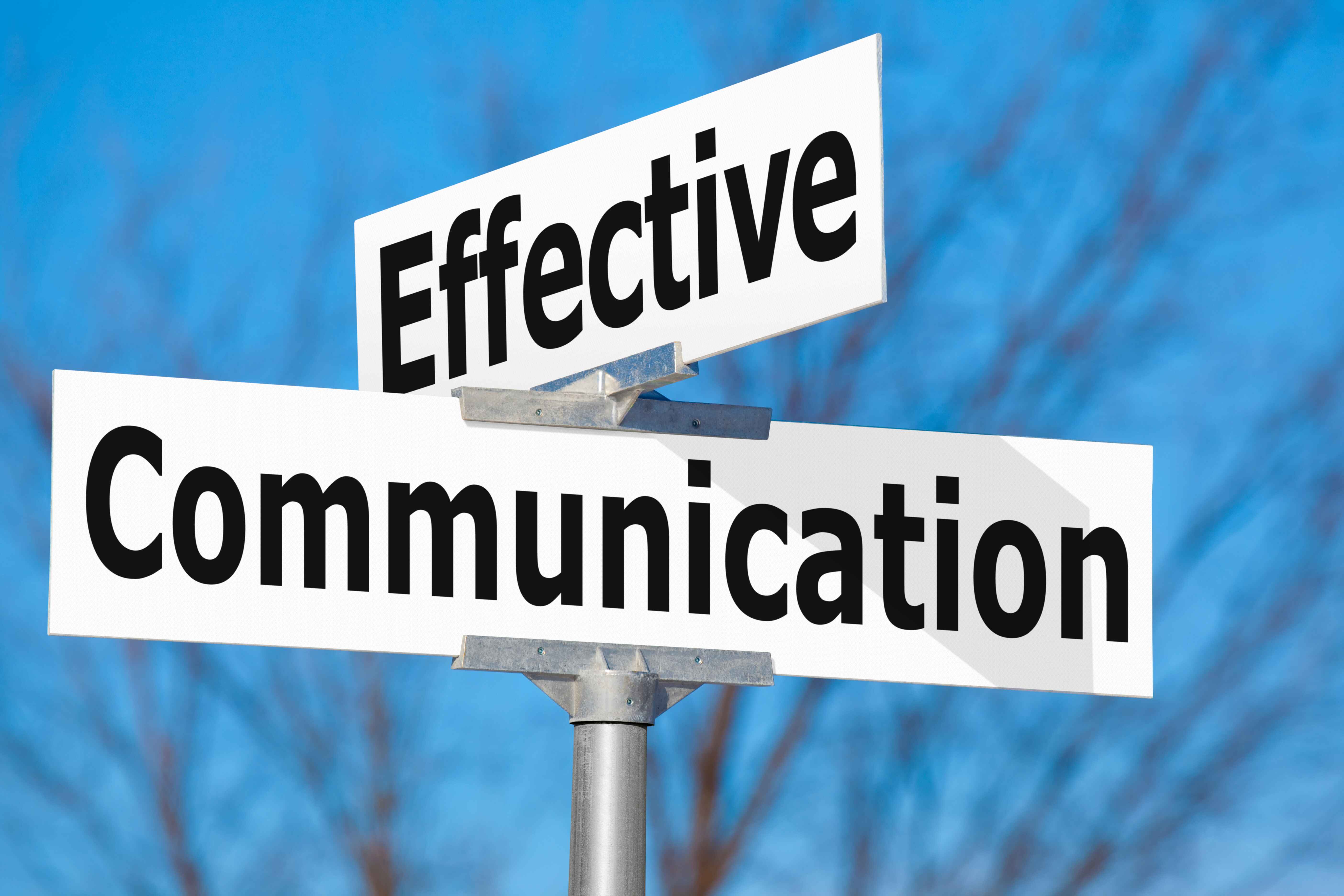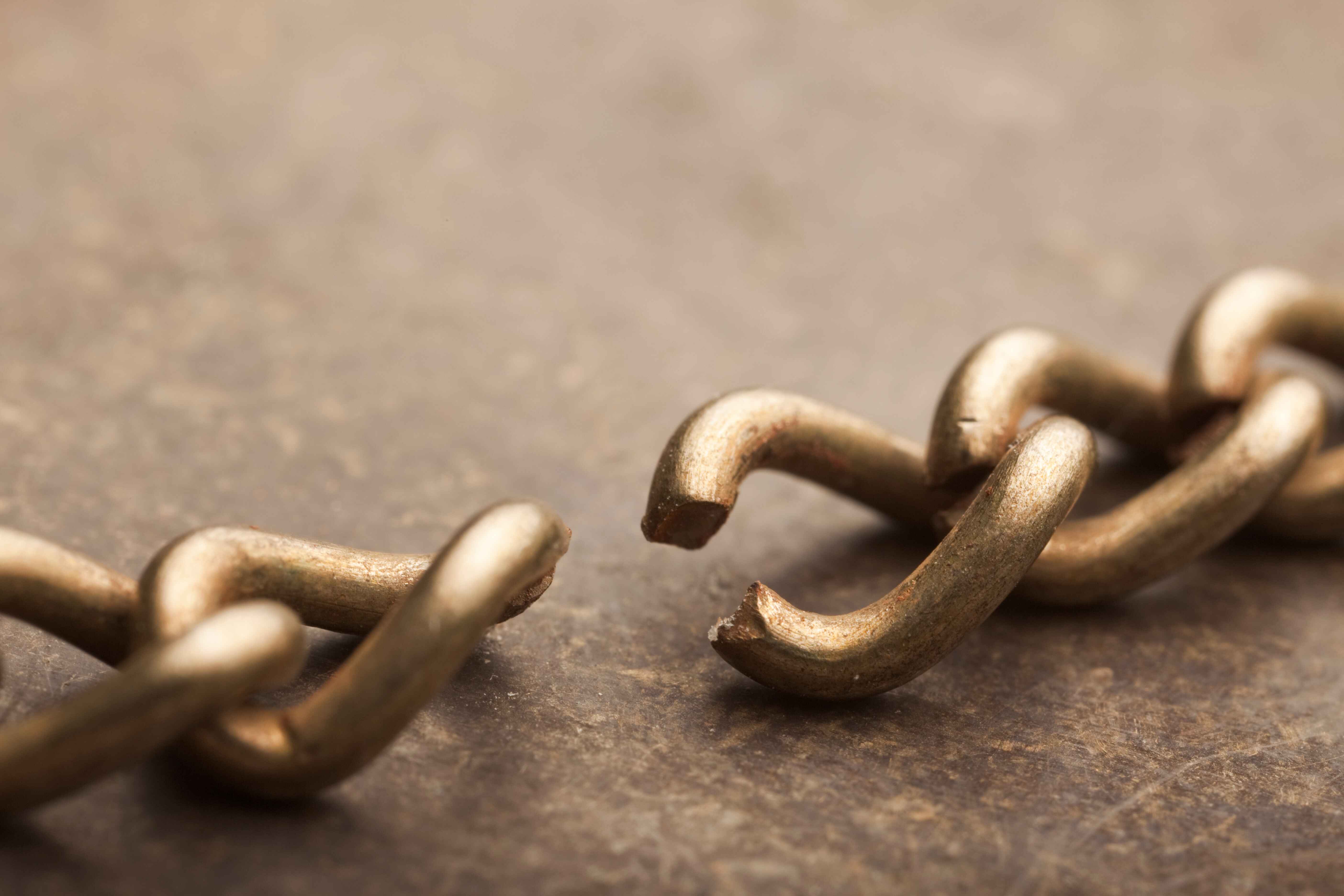Inquiry into Foreign Interference with Federal Elections Gives Standing to 22 Groups, Individuals
Cristin Schmitz
Originally published on Law360 Canada, formerly, The Lawyer’s Daily, © LexisNexis Canada Inc.
Justice Marie-Josée Hogue, the Quebec Court of Appeal judge who heads the commission of inquiry into foreign interference in federal electoral processes and democratic institutions, has green-lit 22 groups and individuals to participate as parties or interveners in the public inquiry, disclosing she also expects to issue a decision soon on requests for funding for lawyers applied for by some of those who were granted standing.

According to the commission of inquiry launched last September, it received 55 standing applications (four were later withdrawn) from citizens, associations, organizations, academics, politicians and political parties, of which 22 were granted standing, either as a party or intervener in the factual inquiry and/or standing in the policy phase of the inquiry.
Party status was granted to nine persons or entities: the government of Canada; the Office of the Commissioner of Canada Elections; Liberal MP Han Dong; former Ontario cabinet minister, Michael Chan; a media coalition comprising CBC, CTV, Global, TVA, QMI, Toronto Star and La Presse , and separately the Centre for Free Expression (the latter two groups’ participation as parties is limited to special hearings to be held that will identify the challenges, limitations and potential adverse impacts associated with the disclosure to the public of classified national security information and intelligence); the “Human Rights Coalition” comprising seven groups working for the rights of diaspora communities that are viewed as particularly vulnerable to transnational repression, including the Uyghur Rights Advocacy Project, the Falun Gong Human Rights Group and Canada-Hong Kong Link; the Russian Canadian Democratic Alliance; and the Ukrainian Canadian Congress.
Intervener standing was granted to other politicians, political parties, diaspora groups and non-governmental/civil society groups, including Democracy Watch; the Raoul Wallenberg Centre for Human Rights; Sen. Yuen Pau Woo; former federal Conservative leader Erin O’Toole; and (separately) the federal Conservative and NDP parties.
“I am conscious that giving standing to a political party in a public inquiry should be done only after careful consideration and with the appropriate safeguards to ensure the inquiry does not become a platform for partisan talking points, grandstanding or scorekeeping,” commissioner Hogue wrote in her 71-page standing decision issued Dec. 4.
“I will not permit the inquiry to become a platform for partisan debate,” Justice Hogue said, admonishing that she can revoke a grant of standing “and will not hesitate to do so in appropriate circumstances.”
“I hope that all the applicants concerned will cooperate so that the process will be efficient and allows as many people as possible to express their views, which I believe is in the public interest,” she wrote.
Justice Hogue pointed out that those without standing or an opportunity to testify can still communicate their points of view and any relevant information to the inquiry during the commission’s public activities and information-gathering, which include a planned public consultation process.
Moreover, during the public hearings to be carried out at the start of the commission’s mandate to address questions about the disclosure to the public of classified national security information and intelligence, the commissioner will hear from a range of stakeholders, Justice Hogue remarked.
The primary purpose of these hearings is to foster transparency and enhance public awareness and understanding.
"The primary purpose of these hearings is to foster transparency and enhance public awareness and understanding,” she explained. “These hearings will also inform my general approach when I receive subsequent requests for confidentiality measures.”
Among those Justice Hogue declined to grant standing were five climate activists, including Green Party Leader Elizabeth May and Environmental Defence Canada, who sought to aid the commission in its inquiry into election interference by “non-state actors.”
“These applicants have interpreted this portion of the mandate as including foreign-owned or foreign-controlled oil and gas companies operating in Canada and carrying on political activities such as advertising, lobbying, and donating to political candidates,” Justice Hogue observed. “They wish to contribute to the commission’s work by presenting evidence of these companies’ political activities and their attempt to influence election outcomes. They have all applied for standing in both the factual and policy phases of the inquiry.”
Justice Hogue concluded that “the activities that these applicants describe, in my view, fall outside of the scope of my mandate.”
“Advertising spending, lobbying, and donating to political candidates in swing ridings are lawful, regulated political activities,” she remarked. “I accept that there may be a real question as to whether we should allow foreign-owned or foreign-controlled companies to take part in these political activities and, if not, how to prevent it. But those are policy questions that go beyond the scope of my mandate.”
She determined that the commission’s terms of reference, read as a whole, suggest that “non-state actors” under the commission’s mandate should be limited to non-governmental entities that are directed by, or effectively acting as proxies for, a foreign state.
If the commission were to obtain information, during its investigations, that one or more oil and gas companies are engaged in clandestine, deceptive or threatening activities in concert with foreign states, or are directed or effectively acting as proxies for foreign states, the commissioner said she could revisit “whether it is appropriate for one or more of the above-noted applicants to participate in the inquiry.”
Justice Hogue noted she hopes to release “soon” her decision on requests from some of those who were granted standing asking her to recommend to the clerk of the federal Privy Council that they receive funding to participate in the inquiry.
Those who requested funding are: Chan, O’Toole, the Centre for Free Expression, Democracy Watch, Iranian Justice Collective, Justice for All Canada, the Human Rights Coalition, the Russian Canadian Democratic Alliance, the Chinese Canadian Concern Group and the Pillar Society.
The federal government announced the Foreign Interference Commission Sept. 7, 2023, in response to concerns and issues raised about foreign interference in the 2019 and 2021 federal elections.
The commission of inquiry will, among other things: examine the flow of information within the federal government in relation to foreign interference issues; evaluate the actions taken in response; assess the federal government’s capacity to detect, deter and counter foreign interference; and make recommendations.
In a Dec. 4 press release, the commission said it will complete its interim report due by Feb. 29, 2024, and deliver its final report by Dec. 31, 2024.





